“Completely unworkable”, “negative” and “complicated” are just some of the words used by business owners to describe the upcoming Scottish deposit return scheme (DRS).
The new recycling rules come in to force later this year but fears are quickly growing the Scottish Government initiative will end up “destroying” firms across the north and north-east.
That amount will be recouped when the bottle is taken to one of thousands of special collection points at supermarkets and other shops around the country.
It is important for businesses to prepare for Scotland’s DRS now.
By appointing Circularity Scotland as your scheme administrator, we’ll register with scheme regulator, @ScottishEPA, on your behalf and manage some of your scheme obligations.#DRS #DepositReturnScheme
— Circularity Scotland (@Circ_Scotland) January 13, 2023
But producers, retailers and businesses in the hospitality industry believe the new scheme, to be run by Circularity Scotland (CLS), will do nothing but damage them.
They are facing administration costs, required pre-payments of deposits and a £360 registration fee – all before DRS gets under way.
There are also claims the initiative is already causing suppliers to pull their products from sale in shops and pubs around Scotland.
‘Nobody knows what’s happening’
Inverurie Whisky Shop owner Mike Stuart believes the scheme will end up “destroying” businesses.
As well as owning his shop since 2015, Mr Stuart also produces his own Foghouse gin and runs the Black Bull Inn pub in Inverurie with his parents.
He said: “I’m seeing it from the producer, retailer and hospitality side of things.
“One of my biggest bugbears is that every one of us is paying a fee towards it and it’s only going to one place – and that’s not the businesses.
“There’s a distinct lack of clarity. CLS don’t know what they are doing.
“They are asking producers to sign up to the scheme and pay for it without them fully understanding what the costs are and the contract is going to be.
“Nobody has anything positive to say about it and nobody knows what’s happening.
“There’s a distinct lack of clarity. CLS don’t know what they are doing.”
Mike Stuart, owner, Inverurie Whisky Shop
“If someone comes in to shop with a case of bottles on a Saturday in December, then I’m going to have to turn them away because I don’t have time to sit and scan bottles and deal with that.”
Mr Stuart took to social media earlier this month to express his frustrations and fears about DRS.
Can @lornaslater or anyone at the @scotgov give a reply to the fact that 100s of global wines are pulling their products from Scotland due to your idea of a #DRS Deposit Return Scheme?
You are NOT helping recycling with this scheme. You ARE destroying Scottish businesses with it
— InverurieWhiskyShop (@InverurieWhisky) January 10, 2023
Suppliers pulling out of Scotland
The scheme will cause drinks producers – such as winemakers – to swerve the Scottish market entirely, he warned.
He added: “I’ve already spoken to one wine merchant, based in St Andrews, who has said 11 vineyards have told him they won’t bother exporting to Scotland.
“The range of stuff we are going to get in Scotland of European wines is going to crash. We’ll be stuck with supermarket wines.
“The reason wine companies are pulling out is because everyone who is producing or selling… has to have a Scotland-specific barcode that is registered with the DRS scheme.”
As an example, Mr Stuart highlighted a winery in Australia sending over nearly 2,000 bottles of wine a year.
He added: “The Scotland market is so small for them to have to register, create and print new barcodes, and then stamp them just for that pallet to come over.
“It’s not worth it – they’ll sell that wine to someone else.
“Hospitality is getting smashed as it is with cost increases.
“They are presenting it like the Irn Bru and Hays lemonade days, where you can pop back to the shop and collect your 20p, but it’s not like that at all.
“As a retailer, I don’t have the space to collect the bottles. There’s so much they haven’t thought about with the scheme.”
Hospitality is getting smashed as it is with cost increases.”
Mr Stuart started producing his Foghouse gin in 2021 but the new rules are making him consider its future.
“We need to make sure all our bottles are registered and you have to pay between £200 to £300 per item,” he said.
“So if you are a local gin company and produce three gins, you’ve to get three barcodes.
“We only produce 3,000 bottles a year, if that, so financially it’s probably not going to be worth it.
“Before August we need to make a decision on whether we buy enough bottles to make the next batch or just fold up.
“I don’t think anyone has registered yet. Everyone is holding off because we don’t know what we are signing up to. They are basically expecting us to sign a contract blind.”
Bar staff will be under extra pressure
As a bar owner too, Mr Stuart is also worried about the challenges the hospitality sector is facing.
He said: “What I can see and what a lot of bar owners I’ve spoken to are saying is they won’t do bottled beers or ciders.
“It’ll all be draught and tonic will go on tap to get rid of the bottles. It completely restricts the choice.”
Is the scheme really necessary?
Claire Rennie, owner of softs drink-maker Summer House Drinks, of Peathill, near Fraserburgh, called the scheme “onerous”.
She added: “For plastic and cans, I totally understand – from a littering point of view – it is needed.
“But for a premium craft product and glass point of view, absolutely not.
“There’s already a recycling system in place for glass, so why can’t we just keep that and make it more efficient?
“Why do we have to lump everything all in together?
“I see the pros and cons of the scheme but for a small business, producing in glass, it’s completely onerous.”
‘DRS could be a great scheme’
DBD environmental manager Sarah Lyons said: “We fully support measures to improve sustainability and think DRS could be a great scheme, but the implementation of it has been both disappointing and frustrating.
“It doesn’t seem right that we are having to sign up to something that still has so many issues to be ironed out.
“Many businesses seem unaware the scheme is starting this year which highlights the communication has been poor.
“The scheme needed to be implemented UK-wide so as not to negatively impact the Scottish drink industry as a whole.
“There are also concerns regarding the financial impact.
“We have certainly spent a considerable amount of time trying to keep up with it so far, and that’s before we have even registered and started paying for the scheme articles.”
This is simply not workable and will be a monumental failure unless things are changed between now and it going live in August.”
Blair Bowman, whisky consultant
Last November 508 industry leaders put their name to an open letter to Lorna Slater, who is Scottish Green Party co-leader and also the government minister responsible for DRS.
The letter warned of the “impending catastrophic impact” facing businesses and consumers” as it called for the scheme to be “paused, revised and rewritten”.
Aberdeen University student and whisky consultant Blair Bowman set the letter in motion.
Mr Bowman said: “The tipping point for me was seeing how completely unworkable this will be. It will cause businesses to fail, it’s as simple as that.
“I’ve already heard from businesses who stopped trading on December 31 because conditions are so challenging.
Scottish scheme not so simple
“It’s so far removed from reality. The Scottish Government keeps saying its been successful in Germany and Scandinavia, but all of those systems are really simple.
“They are really basic for the consumers and public to understand.
“And really basic for producers and the hospitality industry to work with.”
He added: “What the Scottish Government has decided to do is make the most complicated DRS system ever without any real understanding of how running a drink business works.
“It means overnight there will be a massive reduction in consumer choice throughout Scotland.
“Why would an importer of a very specialist, niche wine or craft beer bother registering for this really onerous and complicated system. There’s nothing beneficial for them to do that.
“This is simply not workable and will be a monumental failure unless things are changed between now and it going live in August.”
Tourism operator’s pause plea
Freda Newton, managing director of cruise boat operator Loch Ness by Jacobite, believes there’s “simply too much regulation being imposed on the tourism and hospitality sector”.
She called on the UK and Scottish governments to “think carefully” about the further administrative and financial burdens to businesses still trying to rebuild after Covid.
Ms Newton said: “I, along with many in the industry, would like to see the deposit return scheme paused, revised and rewritten.
“I’d also like the Scottish Government to recognise the considerable concerns raised by multiple sectors across Scotland about the risks and negative impact the scheme will impose on both businesses and consumers.”
Sepa: Scheme supports move away from ‘throwaway culture’
The Scottish Environment Protection Agency (Sepa) is urging drink producers to make sure they are registered in time, saying it will help drive “a more circular economy”.
Sepa head of materials Jo Zwitserlood said: “Scotland’s deposit return scheme supports a move away from a throwaway culture.
“It gives producers a leading role in that behaviour change as they will be responsible for the environmental impacts of products throughout their life cycle.
“This is a significant step towards developing a more circular economy.”
‘Steamlined exemption process’
A spokesman for Circularity Scotland said: “We have been actively working with industry, government and all stakeholders to deliver a scheme that will work for businesses – and small producers and retailers in particular.
“This has recently seen the Scottish Government announce that all but the largest supermarkets will be exempt from having to provide take-back services for drink containers sold online.
“It’s also resulted in a streamlined exemption process for those retailers who don’t want to operate as return points.”
He added: “In addition, we’ve been able to bring about a significant reduction in day one cash requirements, from 2.4 months of fees to three weeks of fees.”
A government spokesperson said the scheme would “recycle billions of bottles and cans, cut climate emissions, tackle littering, and directly address public concerns about the impact of plastic and other waste on our environment”.
The spokesperson added: “Glass is specifically included because of the significant benefits to our climate and to help reduce litter. Similar schemes that include glass are common in other European countries and have been shown to be very effective.
“Any business concerned about being able to meet their producer obligations is encouraged to contact Circularity Scotland for advice and guidance.”
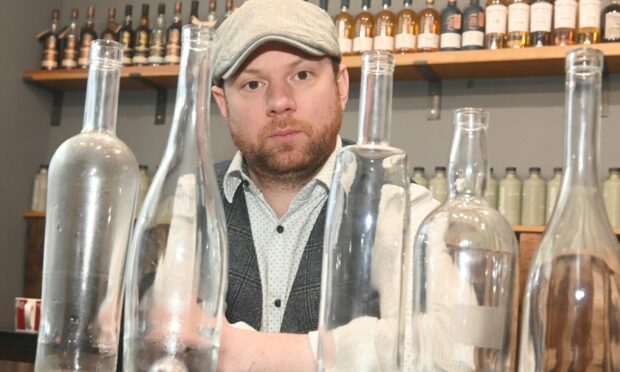
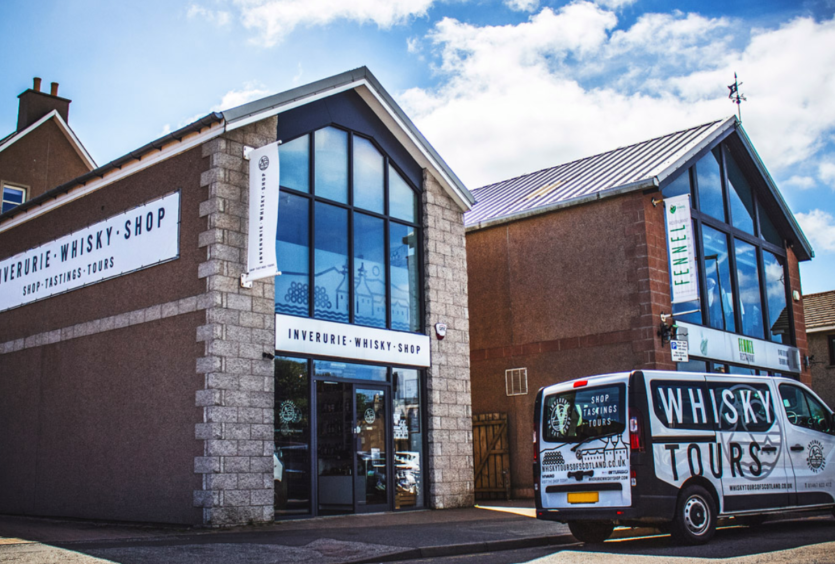
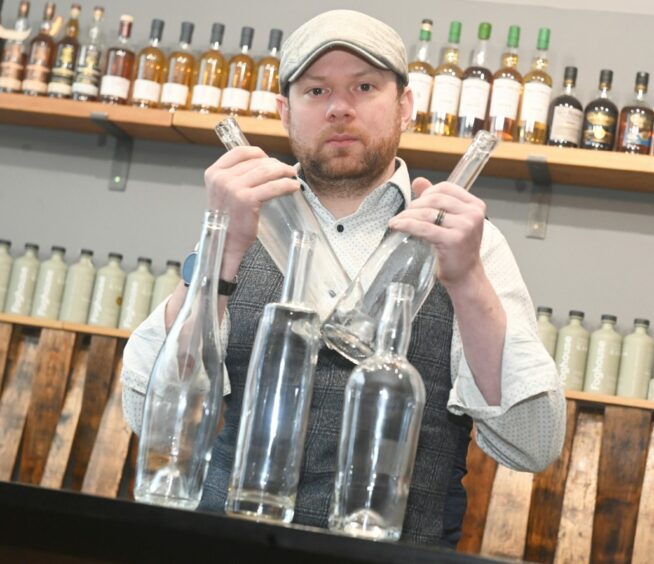
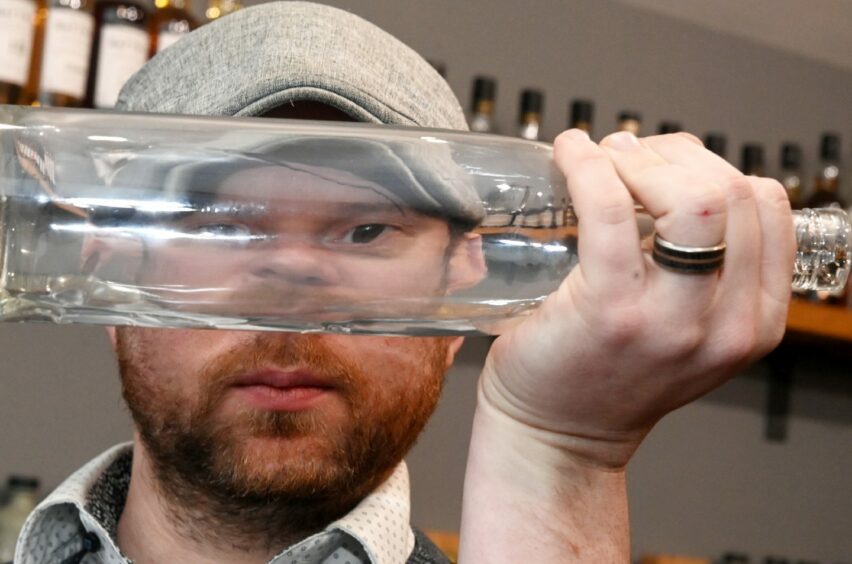
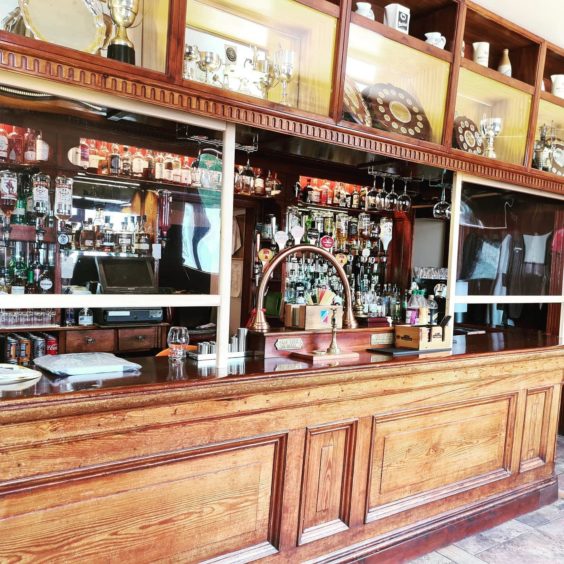
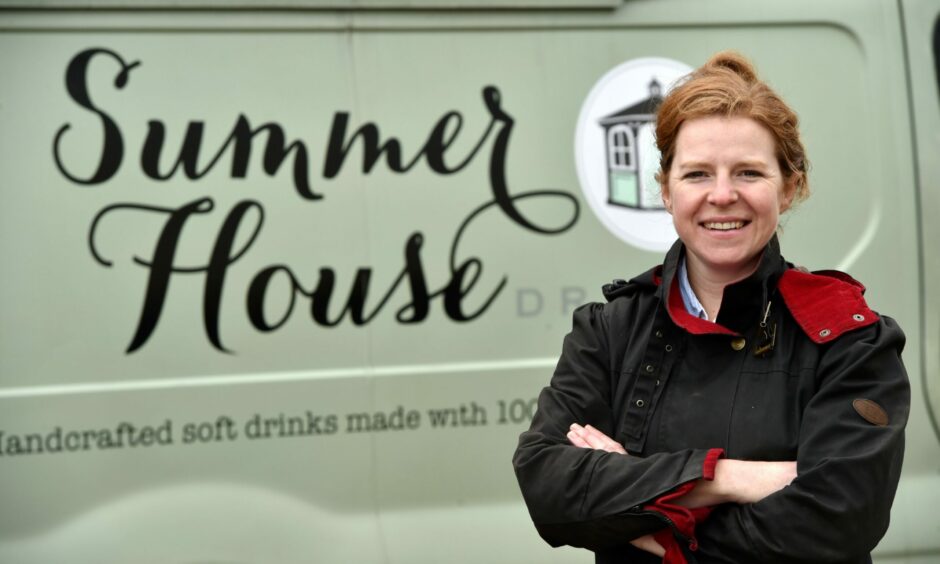
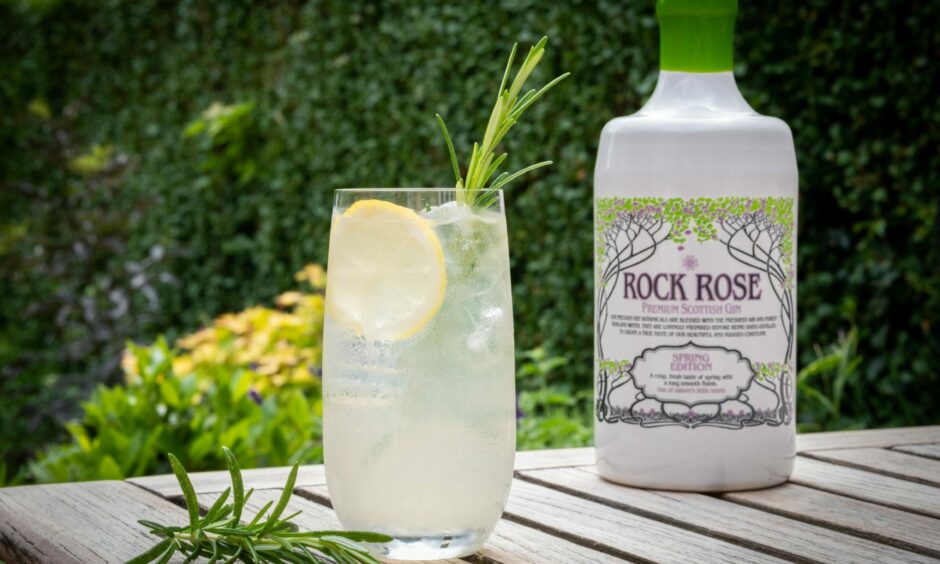

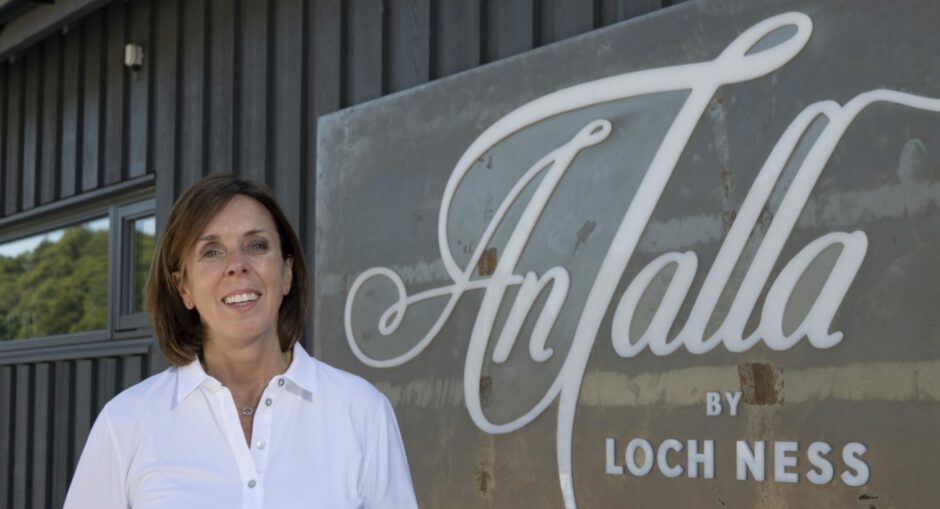
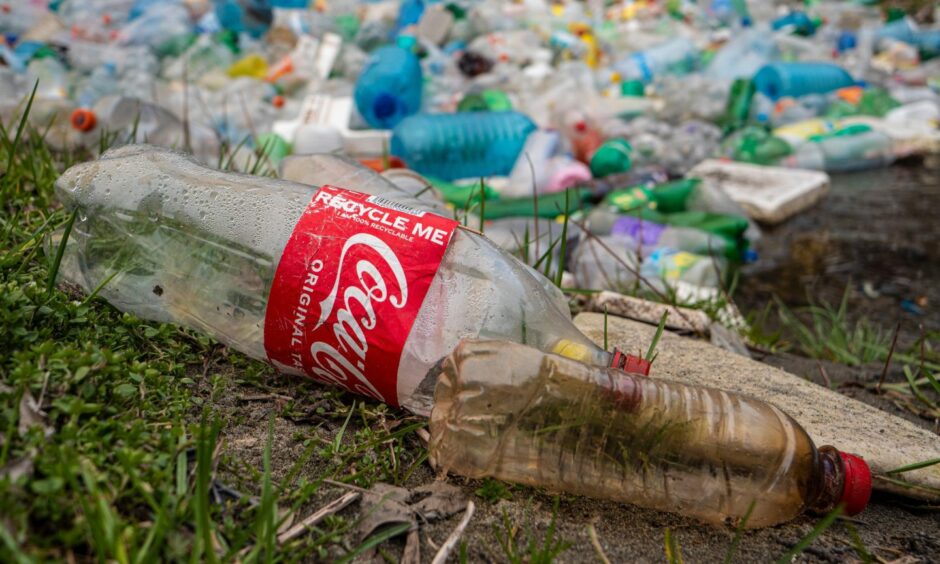
Conversation